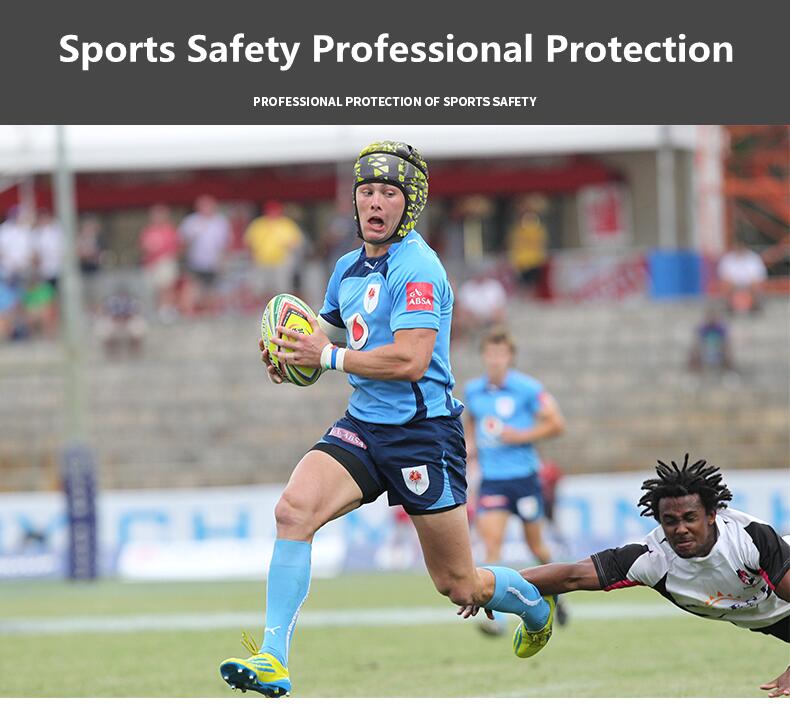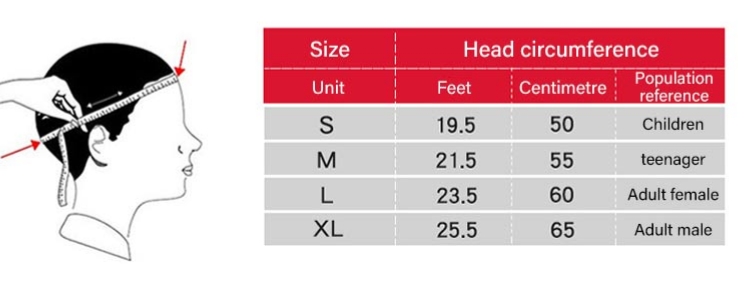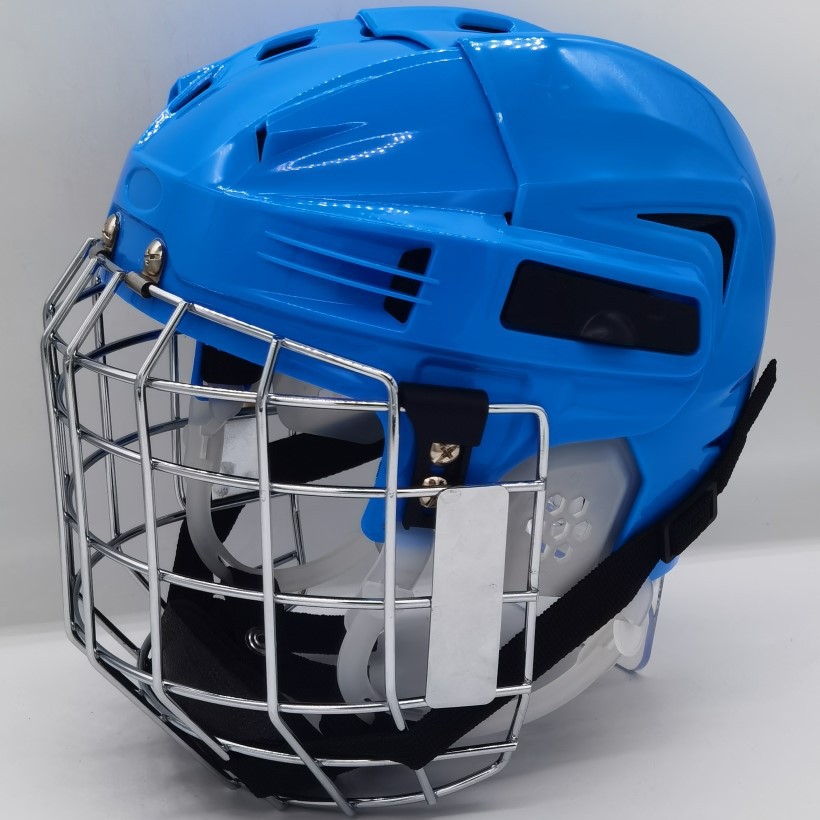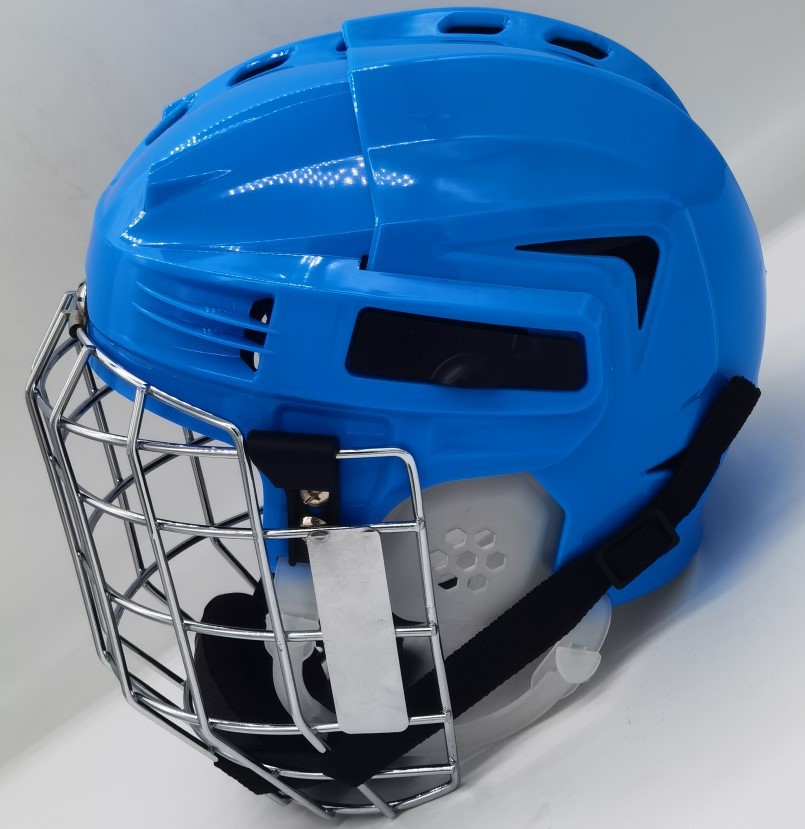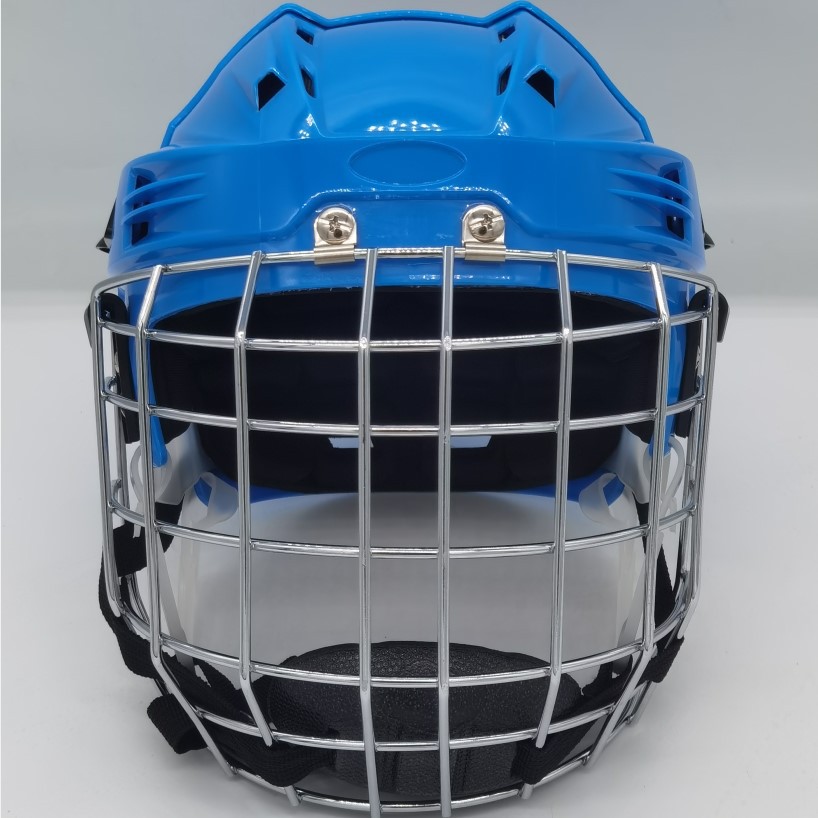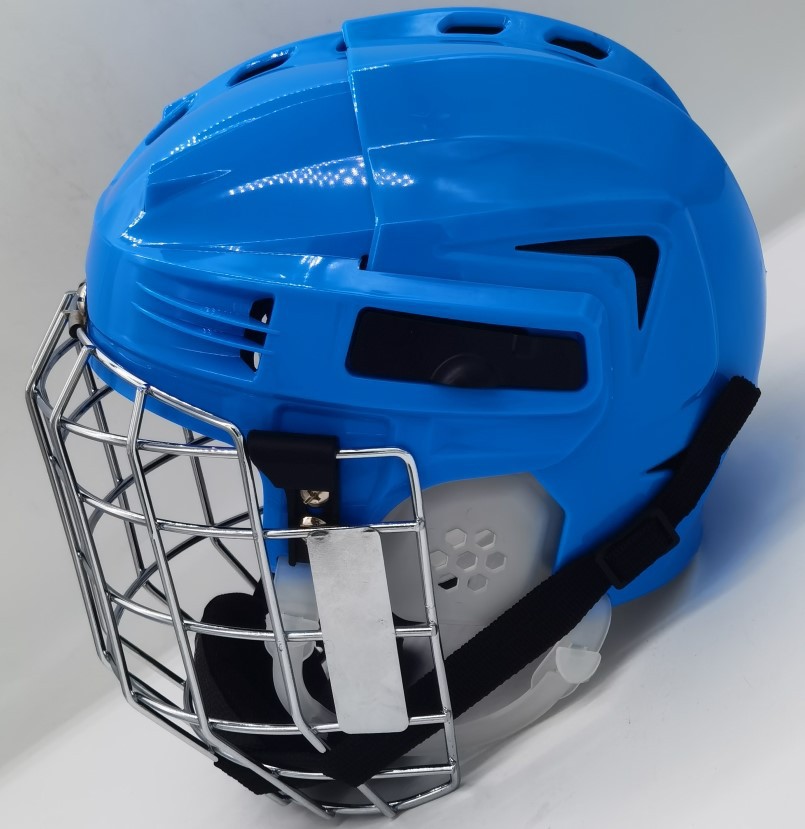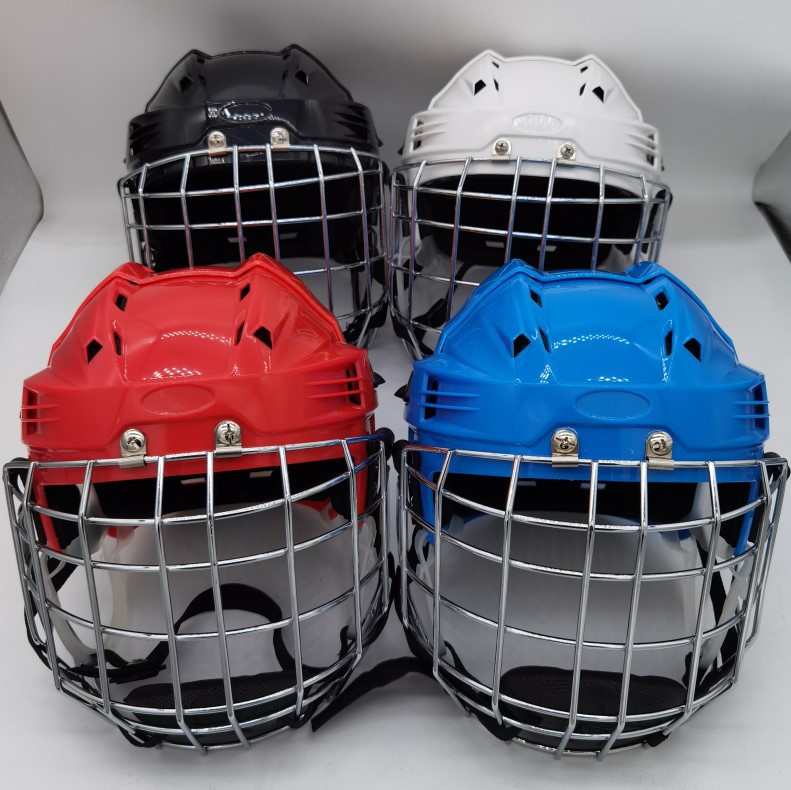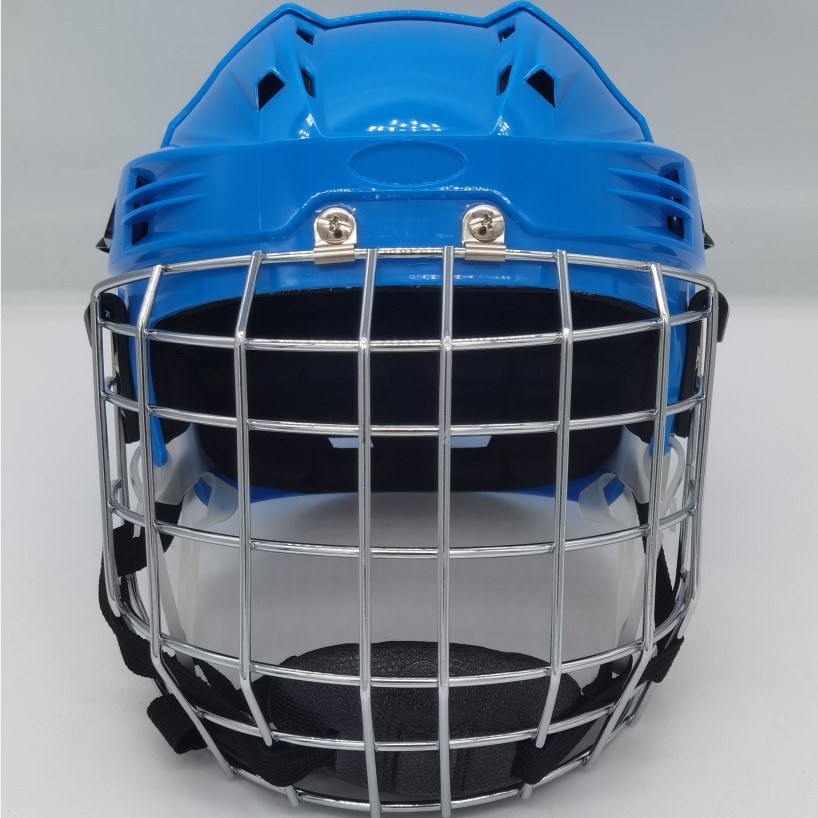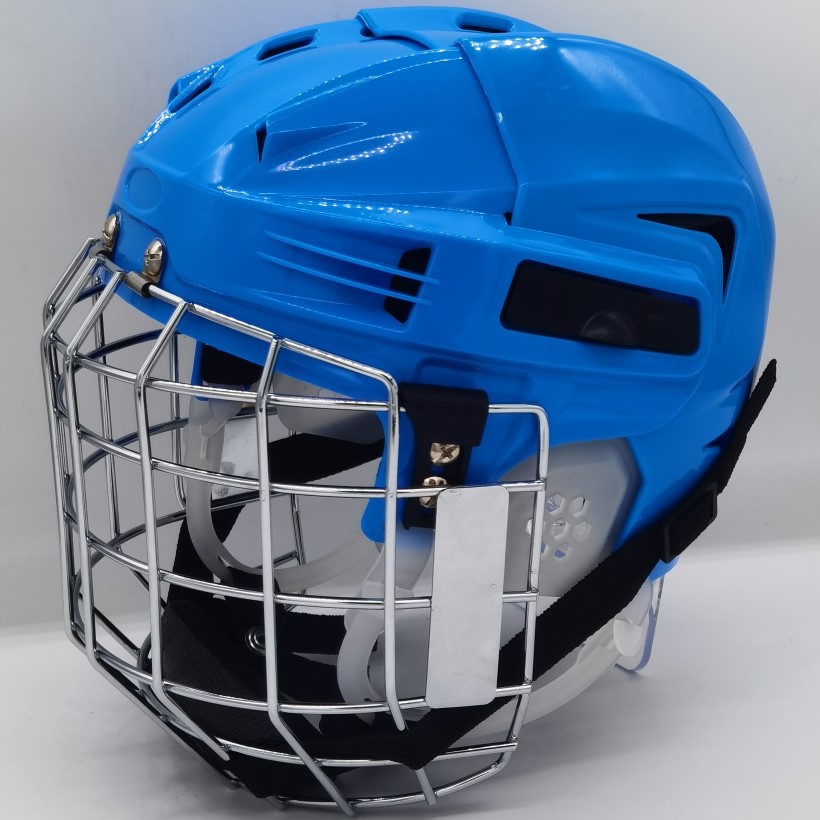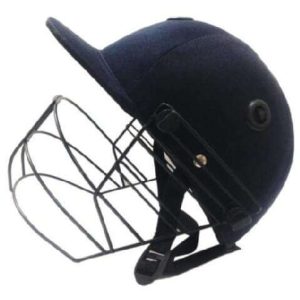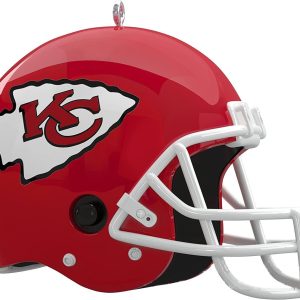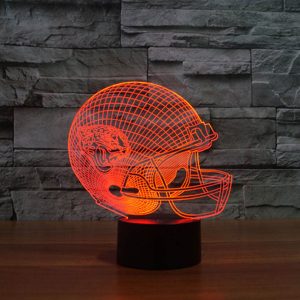NFL helmets are essential safety equipment worn by players in the National Football League (NFL) to protect their heads and reduce the risk of head injuries during intense, high-impact football games. The NFL takes player safety seriously, and helmets play a critical role in ensuring the well-being of its athletes.
These helmets are highly advanced and continuously evolving to enhance player safety. They typically consist of a hard outer shell made of polycarbonate or similar materials, designed to withstand the rigors of the game and provide impact resistance. Inside, they feature multiple layers of padding, including energy-absorbing foam, to cushion and distribute the force of impacts.
One of the prominent features of NFL helmets is the face mask, which is made of durable metal and provides additional protection for the face while still allowing clear vision. The helmet’s chin strap ensures a secure and snug fit, preventing it from coming loose during tackles and collisions.
NFL helmets undergo rigorous testing and certification to meet stringent safety standards. They are frequently inspected for signs of wear and tear, and players are regularly educated on the importance of maintaining their helmets in optimal condition.
In the NFL, where players engage in high-impact collisions on the field, helmets play a crucial role in reducing the risk of concussions, skull fractures, and other head injuries. These helmets are part of the broader effort to protect players and promote the safety and longevity of their careers.
In summary, NFL helmets are advanced protective gear that is integral to player safety in professional football. They offer impact resistance and are continuously improved to reduce head injuries, making them a vital component of the NFL’s commitment to player well-being.
